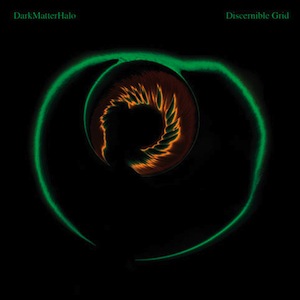Label: Sunnyside Records, 2019
Personnel – Michael Wolff: piano; Ben Allison: acoustic bass; Allan Mednard: drums.
Michael Wolff is a pianist, composer and bandleader, who has performed with greats such as Cannonball Adderley and Sonny Rollins. He played a five-year stint in the Arsenio Hall’s late-night talk show as a musical director and has 17 records under his belt. At 66, and after beating a rare cancer, Wolff joins two agile foundation builders: bassist Ben Allison and drummer Allan Mednard, with whom he negotiates the best rhythmic burn for each tune on Swirl, his new outing on the Sunnyside record label.
The buoyant opener, “Allison”, was named after the bassist, who co-wrote the second section of the tune after has been presented with its first part, already put on paper by the bandleader. Alluding to the blues, the song feels hip in the beat, winning in the groove, and likable in the melody.
The eventful “Metairie” encompasses multiple influences. While the swing derives from jazz, the romantic aesthetic comes from classical, with the Latin accents making it danceable as a tango. Instead, Allison’s “The Detective’s Wife” is a fluttering, vagrant bolero that captivates at every move. This recent composition was included in the bassist’s latest album Layers of the City.
Wolff penned “Jenny V9” for a friend who also went through a serious health condition. Scintillating with a keen melodic sensibility, it flows breezily in six, shifting regularly to an additive 6+5 tempo in a complementary vamp passage .
If “Tough Ashkenazy” hangs onto a resolute 4/4 motion, boasting a blues-rock piano riff and categorical improvisations by Wolff and Allison, then “Goodbye Too Late”, written for Wolff’s late father, provides a more serene experience, projecting some ambiguity through the chord movements in a balladic 3/4 signature meter.
Before concluding with the title track, where one can find fleetly swirling cadences on the piano within a gentle environment, the band imparts their takes on a couple of standards. “Angel Eyes” carries deep feelings allied to delicious details for the freshness of sound, while “I Didn’t Know What Time it Was” is coated with warmness and percussive decoy.
Part of the appeal comes from the effortlessness associated with the trio’s moves together with the inspired way they set things up. Wolff is a resourceful pianist who happens to be charismatic as well, and those qualities reflect brightly in this recording.
Grade B+
Favorite Tracks:
01 - Allison ► 03 - Jenny V9 ► 05 - Angel Eyes








































